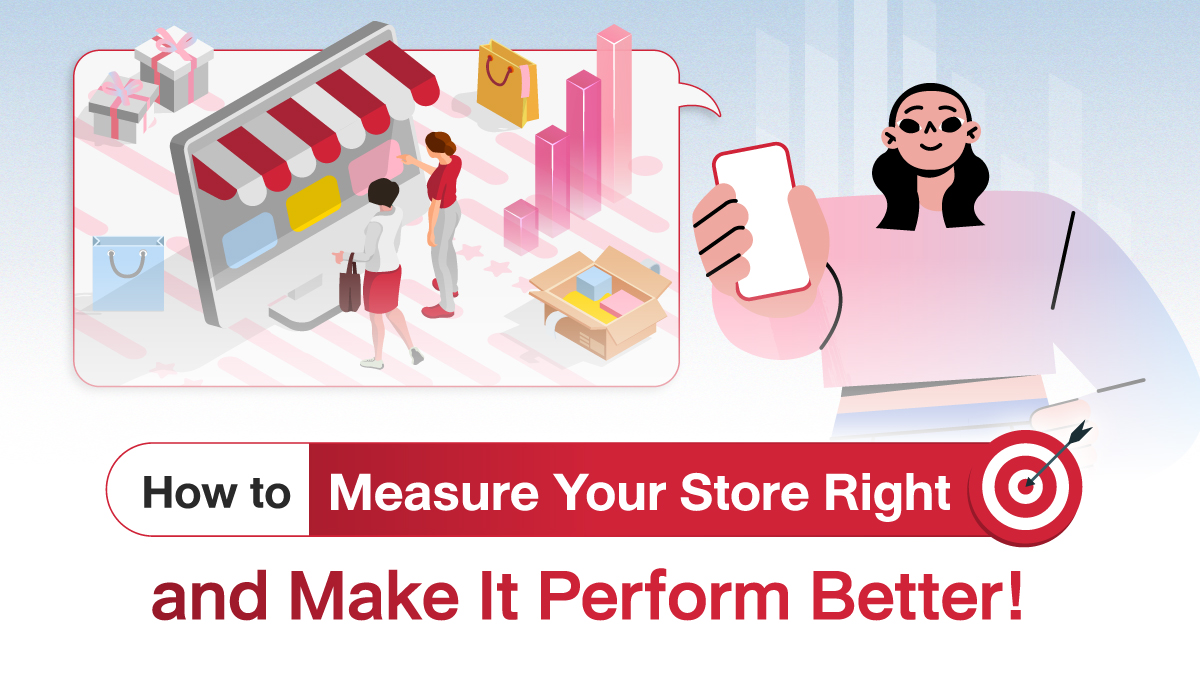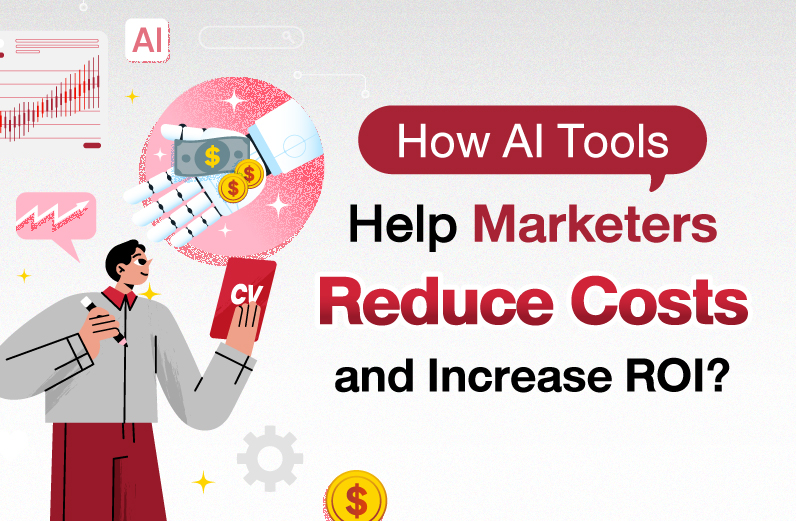Accurately Measure and Enhance Your Online Store's Performance

How to Accurately Measure and Enhance Your Online Store's Performance
In the competitive world of ecommerce, simply launching an online store isn't enough. Success hinges on the ability to measure performance accurately and adapt strategies accordingly. By understanding key performance indicators (KPIs) and utilizing the right tools, businesses can make informed decisions that drive growth and profitability.
Essential KPIs Every Online Store Should Monitor
Monitoring the right KPIs provides insights into your store's health and areas for improvement. Here are some critical metrics:
-
Gross Merchandise Value (GMV): Total value of merchandise sold over a specific period. It indicates overall sales performance but doesn't account for costs or returns.
-
Conversion Rate (CR): Percentage of visitors who complete a desired action, such as making a purchase. A higher CR suggests effective marketing and user experience.
-
Average Order Value (AOV): Average amount spent per order. Increasing AOV can boost revenue without acquiring new customers.
-
Customer Lifetime Value (CLV): Total revenue expected from a customer over their relationship with your business. Understanding CLV helps in allocating marketing resources efficiently.
-
Cart Abandonment Rate: Percentage of shoppers who add items to their cart but don't complete the purchase. Identifying reasons for abandonment can help recover lost sales.
-
Customer Acquisition Cost (CAC): Cost associated with acquiring a new customer. Keeping CAC lower than CLV ensures profitability.
Popular Tools for Performance Measurement
Utilizing the right tools can streamline data collection and analysis:
-
Google Analytics 4 (GA4): Offers insights into user behavior, traffic sources, and conversion paths. GA4's enhanced features provide a comprehensive view of customer interactions.
-
Shopify Analytics: For Shopify users, this built-in tool tracks sales, customer behavior, and marketing effectiveness.
-
Looker Studio (formerly Google Data Studio): Allows creation of customizable dashboards by integrating data from various sources, facilitating real-time decision-making.
-
CRM and Retargeting Tools (e.g., HubSpot, Mailchimp): Help in segmenting customers, automating marketing campaigns, and tracking engagement metrics.
Leveraging Data for Strategic Growth
Data-driven strategies can significantly enhance business performance:
-
Product Performance Analysis: Identify top-selling products and focus marketing efforts to maximize ROI.
-
Customer Segmentation: Tailor marketing campaigns based on customer behavior and preferences, improving engagement and conversion rates.
-
A/B Testing: Experiment with different website elements (like CTAs, images, or layouts) to determine what resonates best with your audience.
-
Inventory Management: Use sales data to forecast demand and manage stock levels efficiently, reducing holding costs and stockouts.
Real-Time Reporting with transcosmos Ecommerce
Partnering with experts like transcosmos Ecommerce can elevate your store's performance through:
-
Integrated Dashboards: Consolidate data from multiple platforms (e.g., Shopee, Lazada, D2C) into a single, easy-to-navigate interface.
-
Automated Alerts: Receive notifications for critical issues like declining conversion rates or inventory shortages, enabling prompt action.
-
Expert Analysis: Benefit from professional insights and recommendations tailored to your business goals, ensuring continuous improvement.
Explore Comprehensive Marketplace Solutions
For businesses seeking to optimize their online presence across various platforms, transcosmos offers end-to-end ecommerce solutions:
👉🏼 Discover our full range of Marketplace Solutions at transcosmos
Conclusion
Accurate measurement and analysis are the cornerstones of a successful online store. By focusing on key KPIs, leveraging advanced tools, and partnering with experienced ecommerce service providers, businesses can navigate the complexities of the digital marketplace and achieve sustainable growth.
Note: For further insights into ecommerce KPIs and strategies, consider exploring resources from reputable platforms like Shopify and Stripe.





